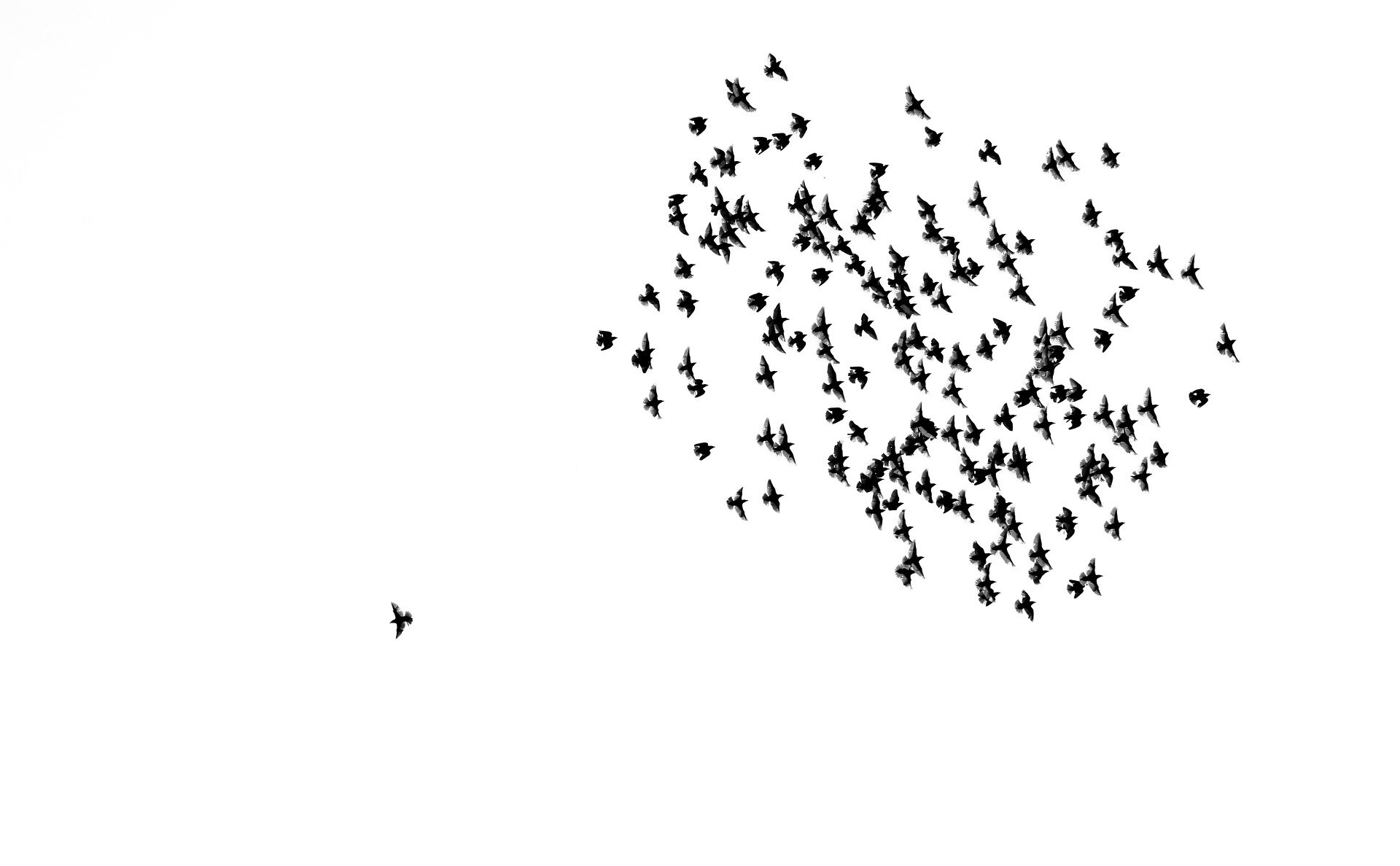Insights archive
Red Pony is a team of writers, editors, Microsoft Office template developers and communications trainers. We have been writing about our areas of expertise for over a decade in our Red Pony Express newsletter.
This collection features the best articles from the last 10 years.

NZ a step closer to making plain language law
The New Zealand Government is looking to pass legislation that will make it a legal requirement to use plain language for official documents and websites. It’s time we did the same in Australia.

How to write a great thought leadership article
Writing an article, web page or blog post where you share your expertise is a chance to provide interested readers with information useful to them, while also building your profile as an expert in your field.

What’s in a place name?
Although many of us remain armchair travellers due to COVID-19 restrictions, the landscape of Australian language is constantly shifting.

Keeping up with language trends
For most Australians, 2020 will be forever remembered as the start of the COVID-19 pandemic. For the language geeks among us, it also marked the launch of 3 new national style guides.

Buzzwords: we love to hate them but what can they teach us?
Buzzwords have a knack for insinuating themselves into collective consciousness. More so than ever during the COVID-19 pandemic where terms such as ‘bubble’, ‘lockdown’, ‘roadmap’ are already so ingrained in our ‘new normal’ that we have come to revere or revile them.

Taking the pain out of annual reports
While your annual report might have to be compiled yearly, that doesn’t mean the same people will be involved each time. Document any lessons from the process that will make it easier next time around for all those involved.

A darker shade of light
Oxymorons are figures of speech that are designed to create a rhetorical effect (e.g. humour, irony, emphasis) or provoke readers to think more deeply about a paradox.

How do you write like you’re running out of time?
Lin-Manuel Miranda’s account of the life of American founding father, Alexander Hamilton, has won almost every award imaginable – including a Pulitzer Prize. The rapid-fire vocal delivery of rap and hip-hop enables Miranda to convey a lot of information in each song without ever sounding like a history lesson.

The smell of a message
And right there is one thing that scent marketers have learned at a cost: smells evoke memories, and a smell that appeals to one demographic may put off another.

Why I’ll persevere with reading poetry
Have you ever read a poem that’s left you with a sense of unease or ambiguity because you found it obscure or open-ended? Or because you felt you didn’t quite get a message that you should’ve gotten?

Yodish: not so out of this world
By inverting the sequence of certain words or phrases in a sentence, anastrophes can be a skilful way of getting readers to attend more carefully – and, in some cases, to ascribe more weight – to what is being said.

What’s a project worth?
Lately I’ve been refining the tools we use to estimate the cost of writing, editing and proofreading projects. I thought I’d share with you some of the variables we use to predict the time a particular project will involve – which in turn determines the amount we quote.

Email tone detector: helpful tool or cultural imperialism?
I’m always interested to see how automation and artificial intelligence are being deployed to help people write more clearly. The latest innovation to catch my eye is a ‘tone detector’ from the popular writing assistant software developer Grammarly.
Writing that’s ‘fit for purpose’
To determine whether something is fit for purpose, it must first be clear what the ‘purpose’ is. What are you intending to use the product for? The same applies to writing. All writing has a purpose or particular objective for a specific audience.
Time for a good segue
As I join the Red Pony team, it seems the perfect time to write about segues. A segue is ‘an uninterrupted transition from one piece of music or film scene to another’ in musical terms or, more generally, a ‘smooth transition from one role, state, or condition to another’ (Oxford Dictionaries). The second of these […]
Is writing a dying art?
Whenever he conducts a business writing workshop, our trainer asks participants what proportion of their workday is spent writing (e.g. emails, reports and presentations). The answer is usually somewhere between 50 and 75 per cent.
How to identify fake news
The result is that people have become more sceptical of all forms of media, and less likely to accept information presented to them, no matter how credible. It's therefore more important than ever to practise 'critical reading', something we may have first learnt about in school.
Experts vs beginners: know your audience
You cannot write well if you don’t know your audience. It’s one of the first questions we ask our clients. The same point can and should be conveyed completely differently, depending on who will be reading it.
Where do Christmas cards come from?
Ever wondered where the tradition of sending Christmas cards originated? I did, so I undertook a little research (okay, I googled it and did some reading on Wikipedia). Here’s what I learnt … The general consensus is […]
When word choice becomes a political act
Part of our job as editors is to tweak any language that might make readers feel excluded or stereotyped – for example, changing ‘firemen’ to ‘firefighters’. In theory, this could be seen as a political act, but these days ‘some firefighters are women’ is hardly controversial, and we wouldn’t expect any pushback.
